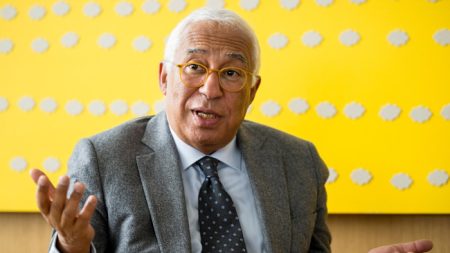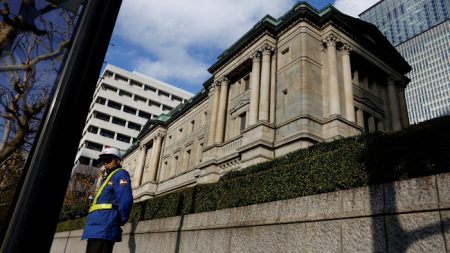Stay informed with free updates
Simply sign up to the Cryptocurrencies myFT Digest — delivered directly to your inbox.
Hong Kong plans to exempt private equity funds, hedge funds and the investment vehicles of the super-rich from paying tax on gains from cryptocurrencies, private credit investments and other assets, as it seeks to become a top offshore finance hub.
In a 20-page proposal, which was circulated this week and seen by the Financial Times, the Chinese territory’s government said taxation is “one of the key considerations” for asset managers when deciding where to base their operations and it wanted to create a “conducive environment” for them.
Hong Kong has sought to position itself as a centre for crypto businesses. Bitcoin has surged since Donald Trump won the US presidential election this month, with investors betting his return to the White House will boost the crypto industry after he championed it on the campaign trail.
The government wants to expand the range of tax-exempt investments to also include private credit, overseas property and carbon credits, according to the proposal. It is running a six-week consultation on the plans.
The proposal comes as regional rivals Hong Kong and Singapore are fighting to boost their position as top offshore finance destinations. They have been battling to woo billionaires and investors and have set up new lightly-taxed fund structures that allow them to hold large pools of capital.
If implemented, Hong Kong’s new tax exemption proposals would provide “certainty” to family offices and investors, said Patrick Yip, vice chair and international tax partner at Deloitte China who specialises in family offices.
“This is an important step in boosting Hong Kong’s status as a financial and crypto trading hub,” said Yip. Some family offices in the city currently allocate up to about 20 per cent of their portfolio to digital assets, which is “not insignificant”, he added.
Many wealthy Chinese individuals have been setting up private investment vehicles outside of mainland China as President Xi Jinping cracks down on flagrant displays of wealth. But Singapore’s campaign against money laundering has made some investors more wary of the city-state, as more stringent due diligence checks have slowed the process of opening family offices, according to private bankers and lawyers.
Hong Kong is also competing with Singapore to attract investors launching funds. Fund launches in the Chinese territory have been slower than in Singapore, according to official data.
“These changes are designed to put Hong Kong on a par with Singapore or Luxembourg, in that there’s no risk of the fund being subject to tax,” said Darren Bowdern, head of asset management tax for Asia at KPMG, about the proposal.
The Chinese territory has been promoting the “open-ended fund company”, low-tax legal structures that can hold a pool of assets and multiple sub-funds. As of October, investors have launched more than 450 of such funds, according to data from the city’s government.
Meanwhile, Singapore in 2020, introduced the variable capital company, a new corporate structure for investment funds. There are more than 1,000 of the funds in the Southeast Asian country.
UBS chief executive Sergio Ermotti warned this year that Switzerland could lose its global wealth management hub crown to Hong Kong, which he said had been making “great progress” alongside Singapore in the sector.
Read the full article here















